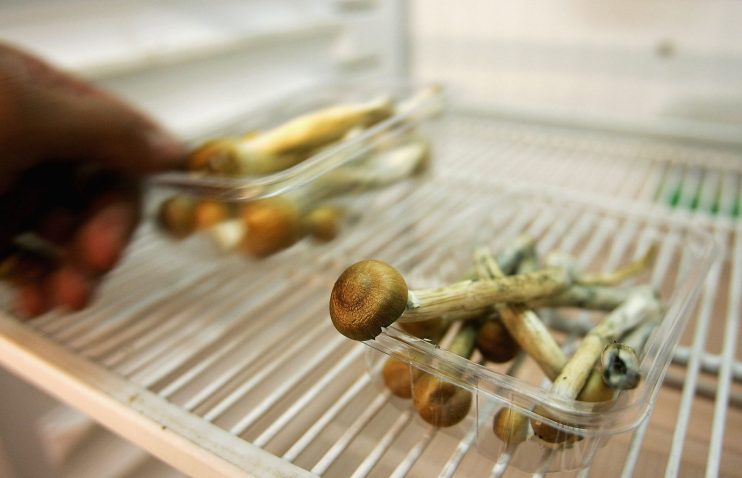First psychedelic healthcare fund launches in Britain

Britain’s first investment fund dedicated solely to psychedelic healthcare launched this week, allowing investors to put money into mind altering drugs for medical use.
The fund, launched by London-based venture capital firm Neo Kuma, has an investment thesis focused on clinically proven psychedelic medicines that it believes will hit the market in the next five years.
The launch comes after clinical trials have demonstrated the potential of psychedelic drugs to treat needs in mental illness, including post-traumatic stress disorder, depression, addiction and anxiety.
Parallels to the rise of psychedelic healthcare have been drawn to the medicinal cannabis industry, which in the US surged from an estimated total value of $2bn in 2014 to an estimated $35bn in 2020.
The psychedelic drugs used to treat mentally unwell people are variations of ‘party drugs’ that have typically been used recreationally, like ketamine, MDMA and magic mushrooms. Last year the US’s Food & Drug Administration approved Johnson & Johnson’s ketamine-derived nasal spray Spravato for treatment-resistant depression.
The fund has already attracted millions of pounds in investment, has set no cap and will continue to draw venture capital through the first half of 2021.
Neo Kuma Ventures co-founder Sean Mclintock said: “As the medical benefits of psychedelics become more well-known and regulators steadily increase their embrace of these types of drugs, the industry is set for a boom. While much of the conversation on psychedelics is taking place in the US, Europe is the true hub of the burgeoning psychedelic healthcare sector.”
Last year Neo Kuma’s founders backed ATAI Life Sciences AG, a part owner of Compass Pathways, which recently became the first psychedelic medicine company to float on Nasdaq and is now trading at a market cap of $1.98bn.
The Centre for Mental Health has predicted that up to 10 million people – almost a fifth of the population – will need mental health support as a direct consequence of Covid-19.